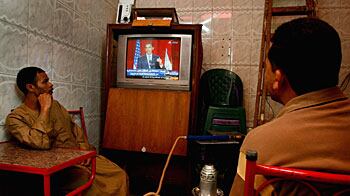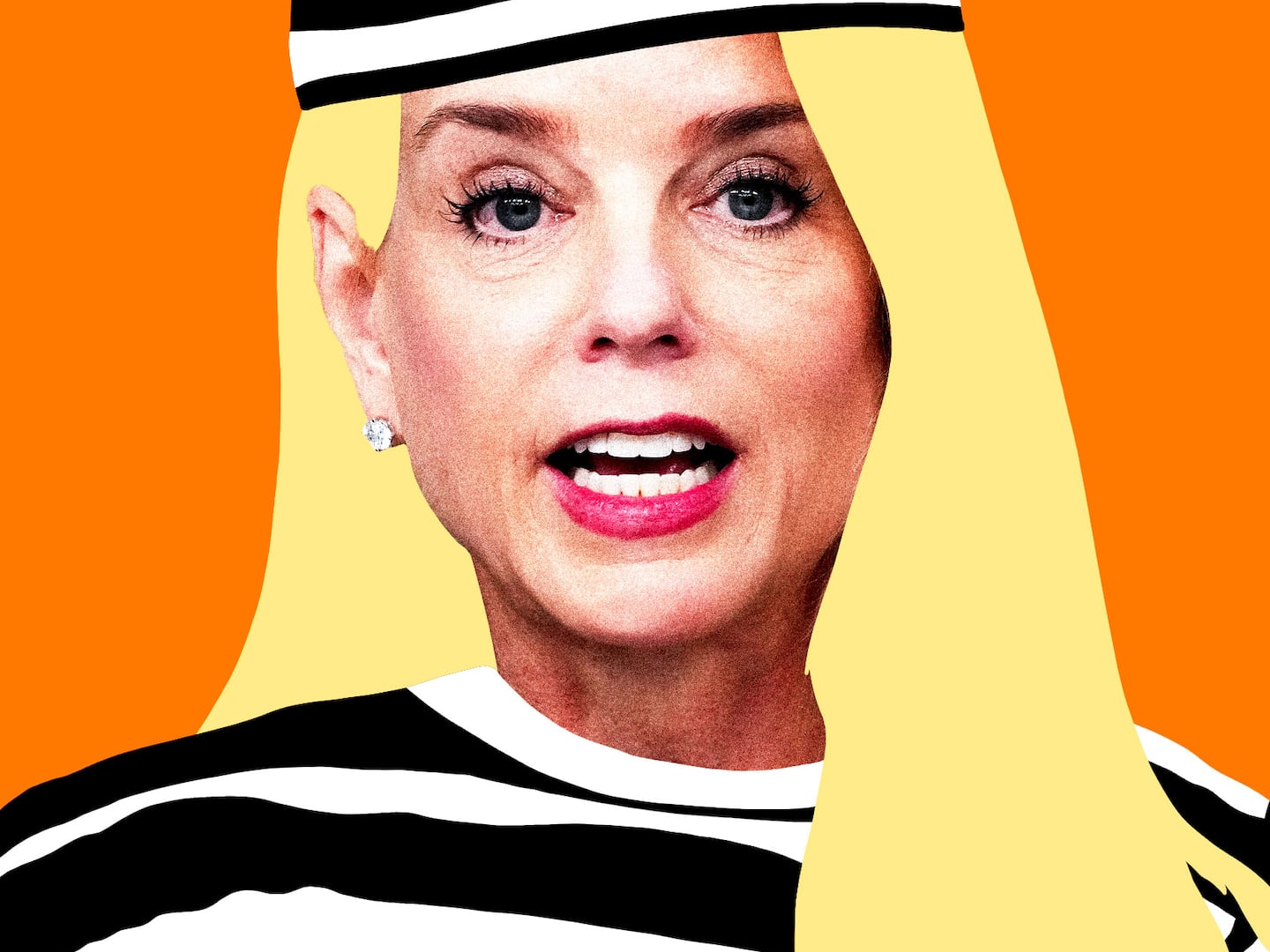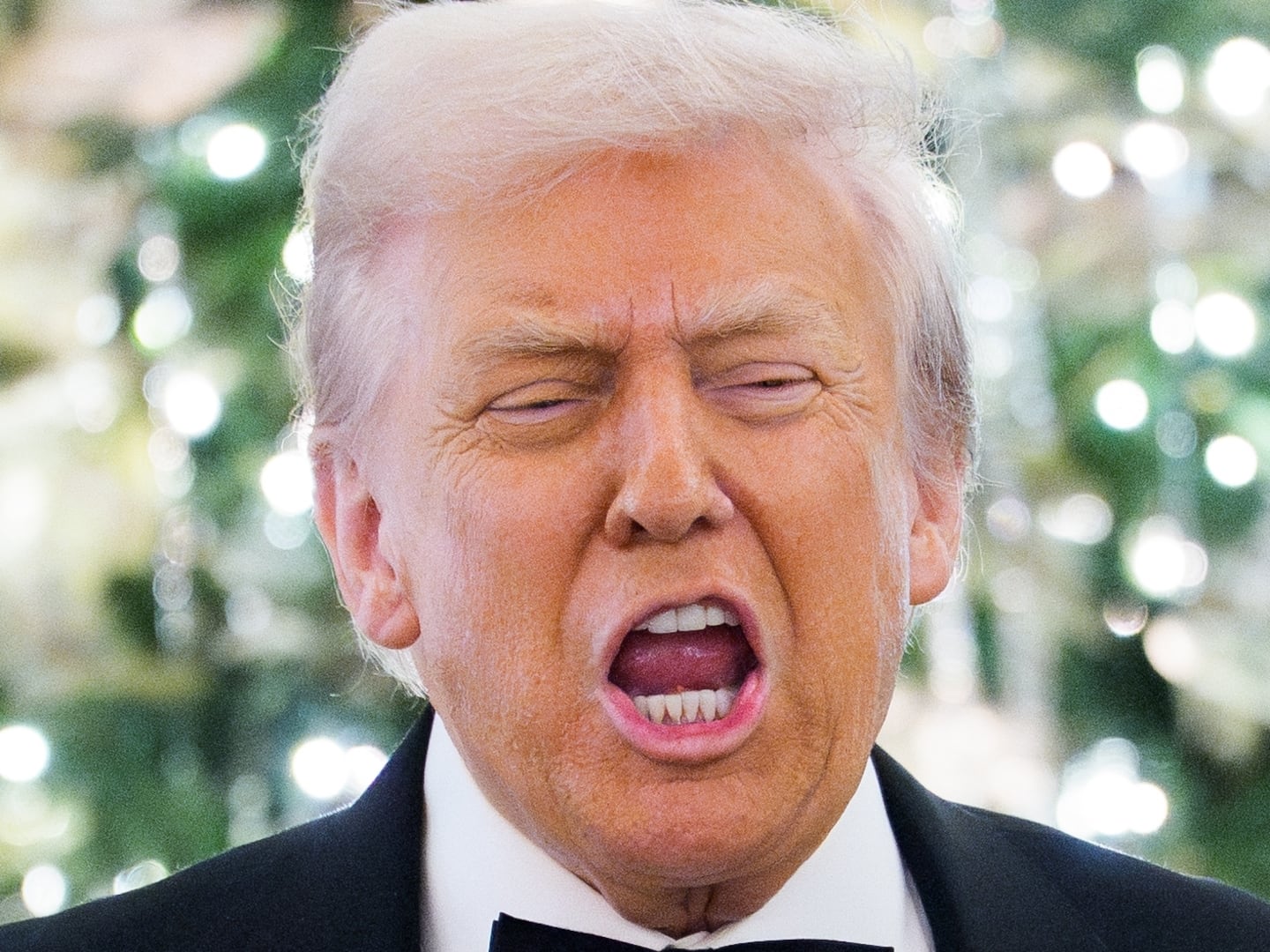
Barack Obama had breezed out of town only an hour earlier, having choppered to Air Force One from Cairo’s posh Gezira Golf Club on the Nile, and the Egyptian elite was basking in the warm afterglow of…what exactly?
“He took eight hours to fix what was broken for eight years,” clothing manufacturer Galal Zorba quipped during a camera-ready gabfest of business leaders, government ministers, academics, and ambassadors at the Omar Khayyam Marriott, a few steps from the makeshift helipad. The nearly 200 assembled Egyptians—who had been wrangled on short notice to a hotel ballroom—variously characterized President Obama’s whirlwind visit to Egypt and his seven-point speech at Cairo University, not to mention palate-clearing interludes at a mosque and the pyramids, as the game-changing equivalent of Nixon in China, Sadat in Jerusalem, and even the Magna Carta.
For a moment, they were Obama’s to do with what he wished—an amazing feat for the leader of a superpower that only a few months ago was so thoroughly reviled in this part of the world.
The One had successfully seduced his largely Arab and Muslim audience, who apparently were still intoxicated by the sweet perfume of his lingering words. For a moment, they were Obama’s to do with what he wished—an amazing feat for the leader of a superpower that only a few months ago was so thoroughly reviled in this part of the world. Still, a high-level Egyptian diplomat stationed in Washington tried to administer a realpolitik dose of black coffee and a cold shower.
“Today was very much more about the messenger than the message,” cautioned Karim Haggag, who runs the Egyptian embassy’s press operation and previously was chief of staff to Gamal Mubarak, heir apparent to his father, President Hosni Mubarak. “Was there any departure?” Haggag continued. “I would agree that there was on the symbolic level, but in the substance of the policy, and reading the speech as a text, we would be hard-pressed to find a real departure in terms of the policy substance.”
And yet, Obama’s respectful, almost humble performance—in which he noted some flaws in previous American policy and replaced the words “terrorist” and “war on terror,” obnoxious terms to Islamic listeners, with the more value-neutral terms “extremist” and “extremism”—seemed to inspire in some people a reciprocal urge to concede imperfection.
“We have some housecleaning to do,” Galal Zorba declared. “As Muslims, we are going to have to worry about the extremists that are around. What are we going to do with them?” Zorba went on: “The Palestinians have to step up. There’s a lot of cleaning that needs to be done. We have to stop thinking as tribes and start thinking as people in the region.”
This was greeted by some in the audience as a breakthrough of sorts. Politically incorrect words of chastened introspection are not usually articulated by prominent Arabs in public, let alone in front of microphones and television cameras. And yet, the old thinking seems to persist among some of those in power.
Ali Al-Moselhi, Egypt’s minister of social solidarity, rose from the crowd to deliver a mostly blathering paean to everything: “We have much to learn from America, and America has much to learn from our history.” It only arrived at a sharp point when he asked the apparently unfathomable: “Why do they hate us? We have to study this. Why these negatives images of Muslims in the United States?’ ”
The minister didn’t mention 9/11, which he seemed to think was of negligible relevance. Then he seized upon an equivalency of extremism that he apparently picked up from Obama’s address.
“It’s a big surprise to Muslims that now we have a president of the United States who has to fight against all forms of extremism. Like Christian fundamentalism in the United States that supports Israel and the settlements to bring the second coming of Jesus.”
Well, yes. Some extremists, the patient ones, await the Apocalypse in God’s good time. And others—who are more energetic and focused—do everything they can to bring it about, in crowded marketplaces and other locales, in real time.
The gabfest’s organizer and emcee, industrialist Shafik Gabr, sounded a note of urgency.
“What’s the next step?” he demanded of the crowd. “All right, so we’re all enthusiastic, but let’s also not disagree that the U.S. has a very short concentration span. In a week’s time, if GM closes its doors, that’s what is going to be the most important topic for Americans.”
He persisted: “So what’s the next step? Is there going to be an Arab Muslim leader who decides he wants to go and address the U.S. Congress? Or is there going to be some institution—maybe the Arab League—that is going to respond to President Obama’s speech and issue some positive initiative off of the Seven Points? Are there going to be NGOs that are going to step up? Is academia going to step up? Is there an action plan?”
Not yet. Stay tuned.
Lloyd Grove is a frequent contributor to New York magazine and was a contributing editor for Condé Nast Portfolio. He wrote a gossip column for the New York Daily News from 2003 to 2006. Prior to that, he wrote the Reliable Source column for the Washington Post, where he spent 23 years covering politics, the media, and other subjects.






